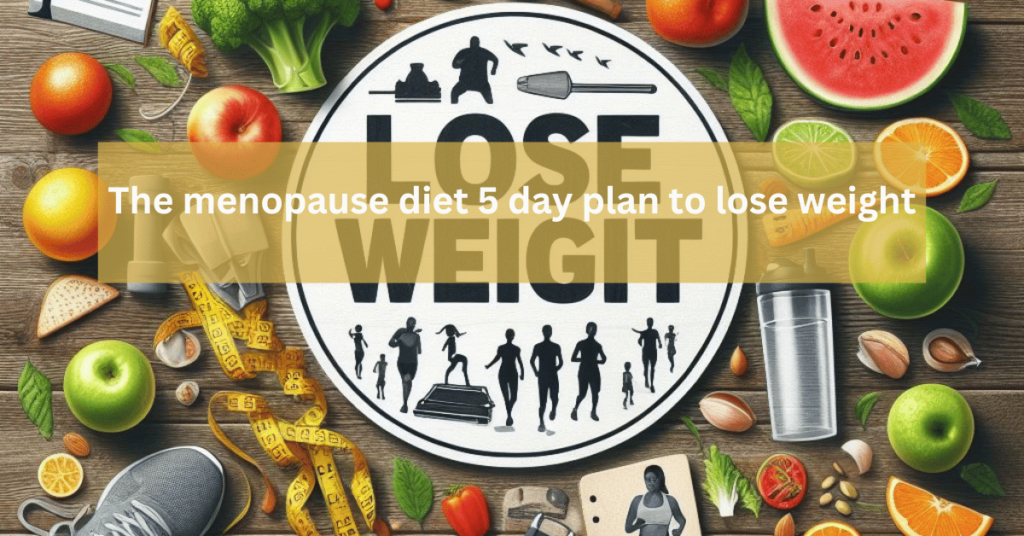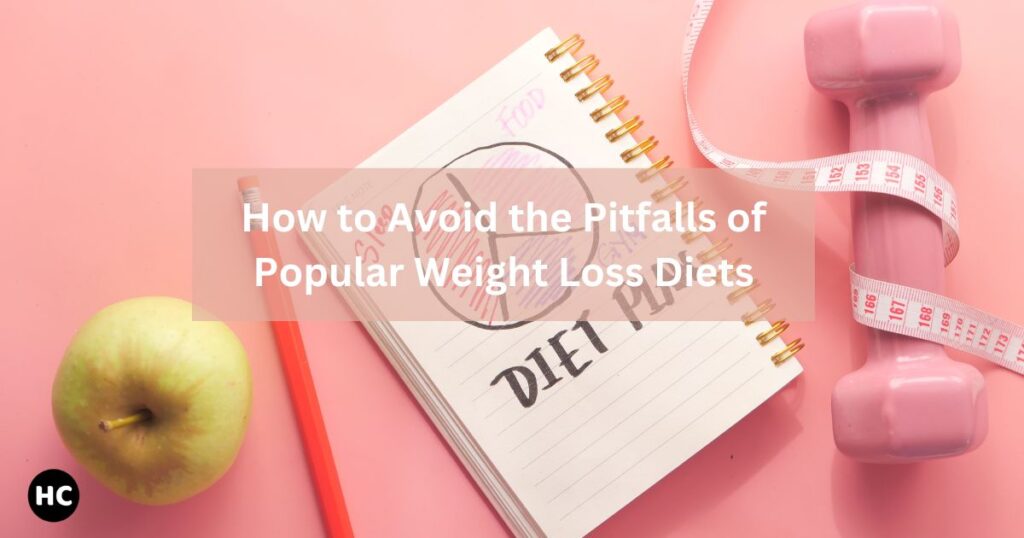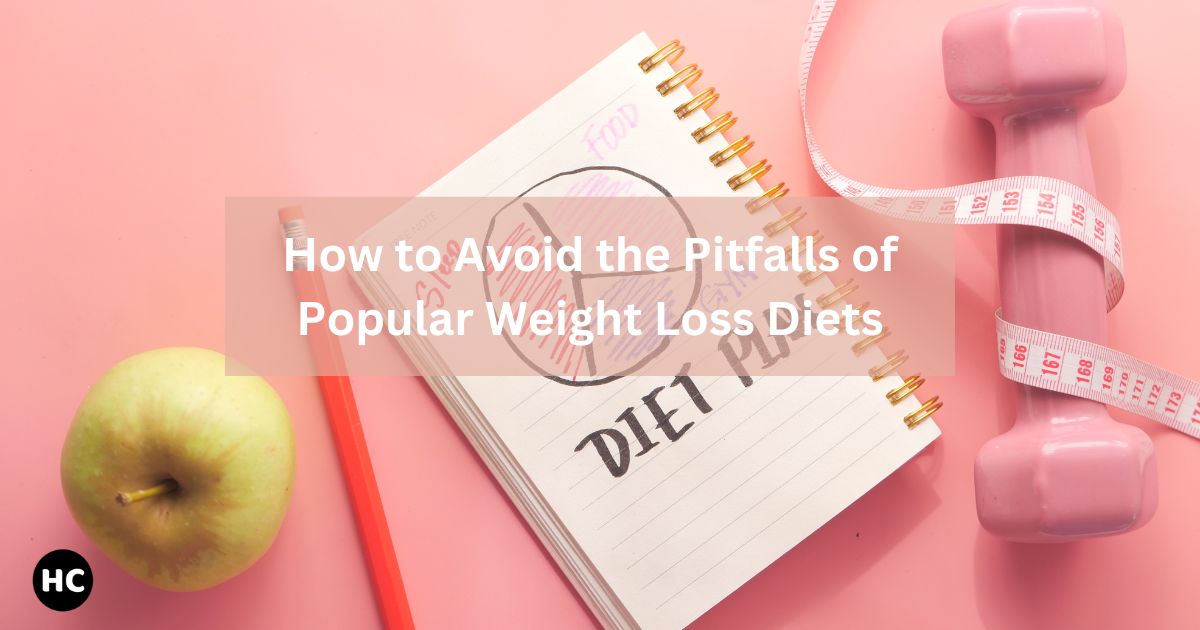Introduction to Menopause and Weight Gain
Menopause, a natural phase in a woman’s life, often brings along unwelcome changes, including weight gain. Understanding how to manage this weight gain through a well-structured menopause diet is essential for many women. During menopause, hormonal shifts, particularly a decline in estrogen levels, can disrupt metabolism, leading to increased fat storage, especially around the abdomen.
Understanding Menopause Diet
What Happens During Menopause?
Menopause marks the cessation of menstrual cycles, accompanied by various physical and hormonal changes. The decline in estrogen levels during menopause contributes significantly to weight gain.
Hormonal Changes and Weight Gain
The hormonal fluctuations during menopause affect appetite, fat distribution, and energy expenditure, making weight management challenging for many women.
Importance of Diet in Managing Menopausal Symptoms
Critical Components of a Menopause Diet
A well-rounded menopause diet focuses on nutrient-dense foods that support overall health and address specific symptoms. Including foods rich in essential nutrients like vitamins, minerals, fibre, and healthy fats is crucial.
Foods to Include in the Diet
Incorporating fruits, vegetables, lean proteins, whole grains, and healthy fats into your diet can help support weight management and alleviate menopausal symptoms.
Foods to Avoid in the Diet
Limiting processed foods, sugary snacks, and excessive caffeine and alcohol intake can help prevent weight gain and reduce menopausal symptoms.
The Menopause Diet 5-Day Plan
Day 1: Detoxification and Hydration
Breakfast
Kickstart your day with a green smoothie packed with spinach, kale, banana, and almond milk. Pair it with a slice of whole-grain toast topped with avocado for sustained energy.
Lunch
Enjoy a refreshing grilled chicken salad comprising mixed greens, tomatoes, and a light vinaigrette dressing to keep you feeling full and satisfied.
Dinner
For dinner, eat baked salmon served with steamed broccoli and quinoa, providing a balanced mix of protein, fibre, and healthy fats.
Day 2: Balancing Hormones
Breakfast
Start your day with a Greek yoghurt parfait layered with berries and granola, offering a delicious blend of protein, probiotics, and fibre.
Lunch
Indulge in a flavorful quinoa and vegetable stir-fry with tofu, providing a healthy dose of plant-based protein and essential nutrients.
Dinner
Savour turkey meatballs with zucchini noodles and marinara sauce, offering a low-carb alternative to traditional pasta dishes.
Day 3: Boosting Metabolism
Breakfast
Enjoy a hearty bowl of oatmeal topped with sliced almonds and fresh fruit for a fibre-rich breakfast that supports metabolism and digestion.
Lunch
Warm up with a comforting lentil soup with a slice of whole-grain bread for a satisfying midday meal.
Dinner
Delight in grilled shrimp skewers accompanied by roasted vegetables for a protein-packed dinner that aids in metabolism and muscle maintenance.
Day 4: Managing Cravings
Breakfast
Treat yourself to whole-grain pancakes topped with Greek yoghurt and berries, offering a balanced combination of carbs, protein, and antioxidants.
Lunch
Indulge in a spinach and feta omelette with a side salad for a nutritious and satisfying lunch.
Dinner
Enjoy a vegetable stir-fry featuring shrimp and brown rice, providing a delicious and filling meal that curbs cravings and supports weight loss.
Day 5: Sustaining Weight Loss
Breakfast
Fuel your morning with scrambled eggs cooked with spinach and served alongside whole-grain toast for a nutritious and energizing breakfast.
Lunch
Enjoy a quinoa salad with mixed vegetables and grilled chicken for a satisfying lunch option rich in protein and fibre.
Dinner
End the week with baked cod accompanied by asparagus and sweet potato for a light yet satisfying dinner packed with essential nutrients.
Tips for Success and Adherence
- Stay hydrated by drinking plenty of water throughout the day to support metabolism and digestion.
- Plan your meals ahead of time and incorporate healthy snacks like fruits, nuts, and yoghurt to prevent unhealthy cravings.
- Engage in regular physical activity, such as walking, jogging, or yoga, to boost metabolism, burn calories, and improve overall well-being.
Conclusion
A well-designed menopause diet can be valuable in managing weight gain and alleviating menopausal symptoms. By focusing on nutrient-dense foods, balancing meals, and staying active, women can navigate through menopause with confidence and maintain a healthy weight.
FAQs
Can the menopause diet help with other symptoms besides weight gain?
Yes, adopting a menopause diet rich in nutrients can also alleviate symptoms like hot flashes, mood swings, and fatigue.
Is exercise necessary for weight loss during menopause?
Absolutely! Regular exercise not only aids in weight loss but also improves mood, boosts metabolism, and enhances overall well-being during menopause.
Are there any specific foods to avoid during menopause?
Yes, foods high in sugar, unhealthy fats, and caffeine should be limited, as they can exacerbate symptoms like hot flashes and mood swings.
How long does it take to see results from the menopause diet?
Results may vary, but many women notice improvements in weight and symptoms within a few weeks of following a menopause diet consistently.
Can I customize the menopause diet plan to suit my preferences?
Absolutely! The menopause diet plan can be tailored to accommodate personal tastes, dietary restrictions, and lifestyle preferences while focusing on nutrient-rich foods and healthy eating habits.







